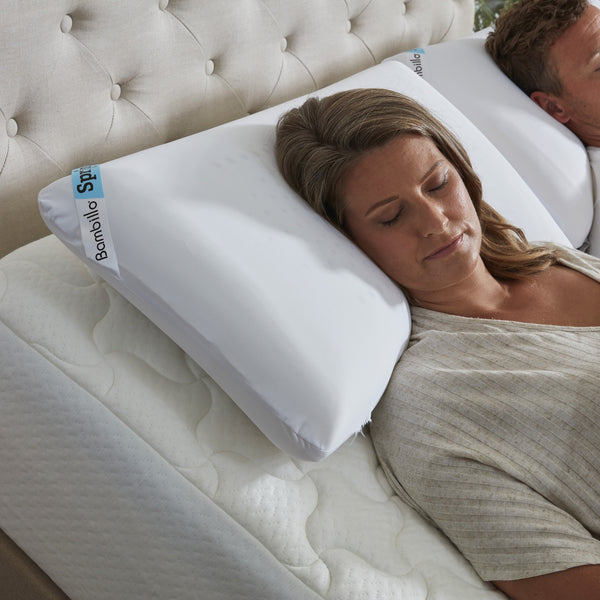Insomnia is a condition where a person has trouble falling asleep, staying asleep or wakes up very early in the morning, resulting in daytime fatigue. Most people will suffer from some degree of insomnia throughout their lives, which will often be transient and disappear without treatment. Acute insomnia is defined as insomnia that persists for up to three months. Chronic insomnia affects sleep at least three nights per week for at least three months.
Causes
Acute insomnia can be brought about by:
Changes in regular sleep patterns, including shift work and jetlag.
Major life stressors, such as moving house, losing a job or significant relationship, financial problems or bereavement.
Environmental factors, such as noise or an uncomfortable sleeping situation.
Medications, including some antidepressants, nasal decongestants and ADHD drugs.
Acute insomnia can be brought about by:
Changes in regular sleep patterns, including shift work and jetlag.
Major life stressors, such as moving house, losing a job or significant relationship, financial problems or bereavement.
Environmental factors, such as noise or an uncomfortable sleeping situation.
Medications, including some antidepressants, nasal decongestants and ADHD drugs.
Chronic insomnia can be due to:
Chronic pain
Chronic stress
Some chronic illnesses, such as arthritis and Parkinson’s disease
Depression
Anxiety
Chronic pain
Chronic stress
Some chronic illnesses, such as arthritis and Parkinson’s disease
Depression
Anxiety
Solutions
Acute insomnia will often resolve itself when the factors that caused it cease to exert an influence. Taking time to relax, ensuring the sleep environment is cool and well-ventilated and maintaining a regular sleep/wake schedule where possible can help.
Power napping is another way to reduce the ill-effects of sleep deprivation. A twenty-minute nap, ideally between 1pm and 3pm, can improve alertness, concentration and mood. For best results, make your napping room as dark as possible, wearing an eye mask if necessary. Set an alarm so you don’t oversleep.
Chronic insomnia may require medication, particularly if it results from a treatable condition such as depression or anxiety. In these instances, addressing the root cause will often resolve the insomnia so that sleeping medications are not necessary. Relaxation exercises and meditation can help with pain and stress.
Facts
• Insomnia is the most common sleep problem
• 15 – 20% of people suffer from acute insomnia
• 10% of people have chronic insomnia
• Insomnia is more common in people with high IQ, as they have a harder time switching their brain off
• Women are almost twice as likely to have insomnia, due to hormonal changes
• Chronic insomnia, if untreated, increases the risk of alcohol abuse
• Approximately 35% of people who suffer from insomnia have a family history of the condition
• Teenagers whose parents have insomnia are more likely to take prescription sleeping pills and develop mental health problems
• Animal studies where flies were bred to sleep for only one hour a day instead of the usual twelve found the flies developed similarities with sleep deprived humans, including slow learning, impaired co-ordination and weight gain
• People with different weekday and weekend sleep patterns are three times more likely to be overweight. Keeping to a regular sleep schedule is also thought to help those who suffer from insomnia.



